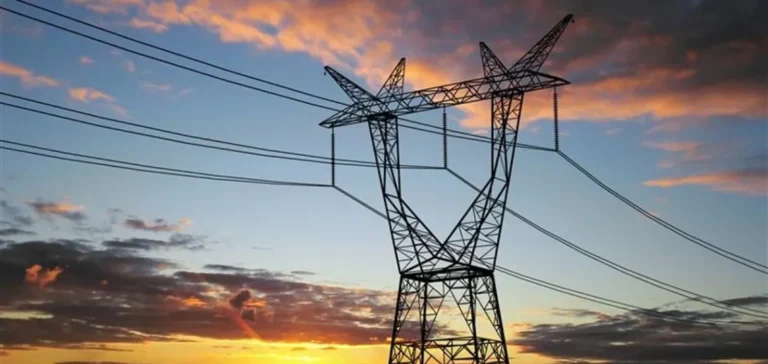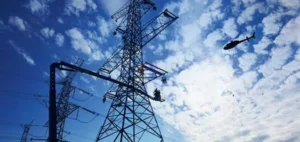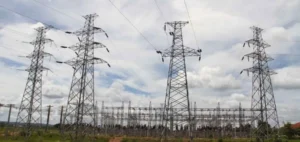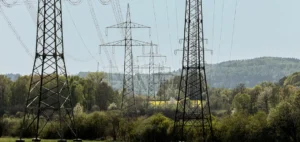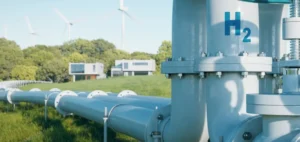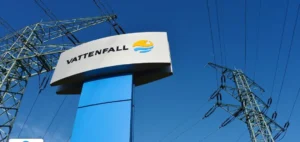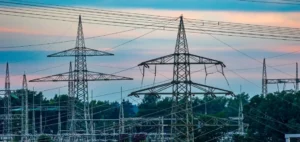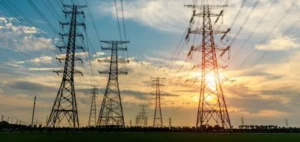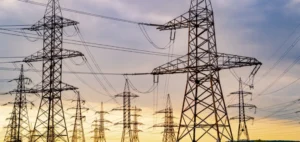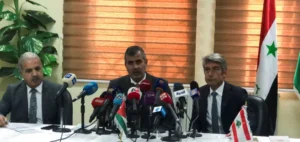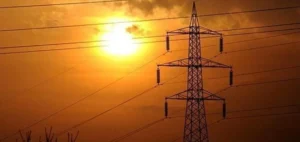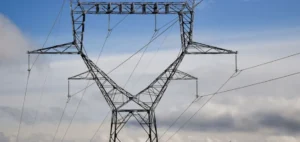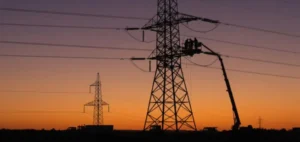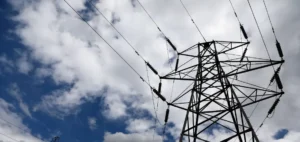The Spanish company Cox, active in water and energy sectors, has won a contract awarded by Paraguay’s Administración Nacional de Electricidad (ANDE, National Electricity Administration) for establishing an electricity network in the Chaco region of Paraguay. The agreement provides for the construction of 500 kilometres of high-voltage (220 kilovolt) electrical transmission lines aimed at strengthening energy connectivity in this area, with a total contract value estimated at $64mn.
A strategic local partnership
The technical implementation of the project will be carried out in close collaboration with Paraguayan firm L.T. S.A. The contract covers the entire project scope, including technical design, detailed engineering, equipment procurement, installation, and final commissioning of the high-voltage lines. This infrastructure will improve the national electricity network interconnection, particularly between the country’s western and northern regions, thus addressing a significant rise in electricity consumption observed in these areas.
Improving reliability of Paraguay’s grid
Paraguay’s Chaco region, where the project is primarily focused, has experienced growing energy demand over several years, linked to economic and demographic development. However, it suffers from a structural deficit in electricity networks capable of ensuring stable power supply. This interconnection project led by Cox and L.T. S.A. aims precisely at increasing electricity transmission capacity to stabilise energy supply and enhance grid resilience in response to rising demand.
Regional strengthening for Cox
With this major contract in Paraguay, Cox continues its expansion strategy in Latin America, a priority region for the company. Locally present through its subsidiary Cox Chile, the company has increased its involvement in key electricity network projects in several Latin American countries in recent years. Benefiting from global experience exceeding 30,000 kilometres of built electrical transmission lines, Cox is establishing itself sustainably within the regional energy landscape.
According to Enrique Riquelme, Executive Chairman of Cox: “We are decisively progressing along our roadmap towards decarbonisation, carrying out investments that reinforce electrical infrastructures and foster long-term economic and energy growth in regions where we operate.”


